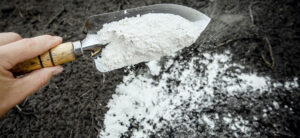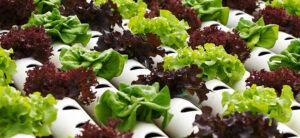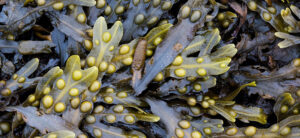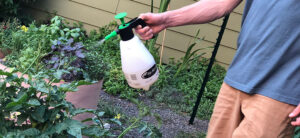How Often Should I Give My Plants Nutrients?
One of the most common questions new growers ask is “how often should I give my plants nutrients?”.
The answer varies based on tons of factors, including how young your plant is, what nutrients you’re feeding, and what stage of growth you are in. Plus, your growing method has a direct effect on your nutrients.
Reading a feeding chart or feeding schedule will help you determine how often you need to give your plants nutrients. But, they don’t tell the whole story.

















